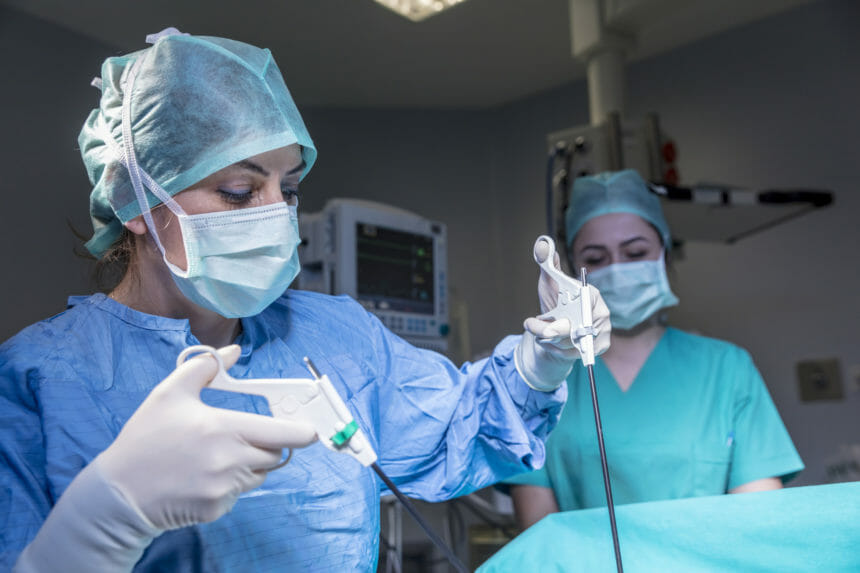In the evolving landscape of healthcare, the state of New Jersey has been at the forefront of adopting innovative surgical techniques that offer enhanced outcomes for patients. Among these advancements, the rise of minimally invasive gynecologic surgery (MIGS) has been particularly noteworthy. This approach has revolutionized the way gynecological conditions are treated, offering a beacon of hope for women seeking less invasive treatment options with quicker recovery times.
1. Understanding Minimally Invasive Gynecologic Surgery
Minimally invasive gynecologic surgery encompasses a variety of procedures performed through small incisions or natural body openings, which significantly reduces the trauma to the body compared to traditional open surgery. Techniques such as laparoscopy and hysteroscopy allow surgeons to operate with precision and flexibility. In New Jersey, the adoption of MIGS has been driven by a commitment to patient-centered care, with a focus on reducing pain, minimizing scarring, and expediting recovery.
2. The Shift Towards MIGS In New Jersey
New Jersey’s healthcare systems have been integrating MIGS into their practices at an impressive rate. This shift is a response to the growing body of evidence that supports the efficacy and safety of these procedures. Surgeons across the state, including those at https://lma-llc.com, are receiving specialized training in MIGS, ensuring that they are equipped with the latest skills and knowledge to perform these advanced techniques.
3. Patient Benefits Of MIGS
For patients, the benefits of MIGS are substantial. Reduced pain and scarring are among the most immediate advantages, but the impact extends far beyond the cosmetic. Women undergoing MIGS in New Jersey report shorter hospital stays and faster returns to normal activities, including work and family life. The reduced risk of infection and less postoperative discomfort are also significant factors contributing to the growing preference for these procedures.
4. Conditions Treated With MIGS
In New Jersey, MIGS is being used to address a wide range of gynecologic conditions. From benign issues such as uterine fibroids and ovarian cysts to more complex conditions like endometriosis and even early-stage gynecologic cancers, MIGS is proving to be a versatile tool in the gynecologic surgeon’s arsenal. The precision of MIGS also allows for fertility-preserving surgeries, which is a crucial consideration for many women.
5. Training And Education In MIGS
To keep pace with the rapid advancement of MIGS, New Jersey’s medical institutions have developed comprehensive training programs. These programs not only train resident surgeons but also offer continuing education for practising surgeons. This ensures that the benefits of MIGS are not limited to major urban centres but are available to women throughout the state.
6. The Role Of Technology In Advancing MIGS
Technological advancements have been pivotal in the rise of MIGS. In New Jersey, state-of-the-art operating rooms equipped with high-definition cameras, robotic surgery systems, and advanced instrumentation have become more commonplace. These technologies provide surgeons with enhanced visualization and greater precision, leading to better outcomes and higher patient satisfaction.
7. The Future Of MIGS In New Jersey
The future of MIGS in New Jersey looks promising. With ongoing research and development, the scope of conditions treatable with MIGS continues to expand. Moreover, as more healthcare providers become proficient in these techniques, access to MIGS is expected to increase, making it a standard option for gynecologic surgery in the state.
Conclusion
The rise of minimally invasive gynecologic surgery in New Jersey is a testament to the state’s commitment to advancing women’s health. By embracing these innovative surgical techniques, New Jersey is setting a standard for patient care that prioritizes safety, efficacy, and quality of life. As MIGS continues to evolve, it will undoubtedly play a critical role in shaping the future of gynecologic healthcare not only in New Jersey but across the nation.
